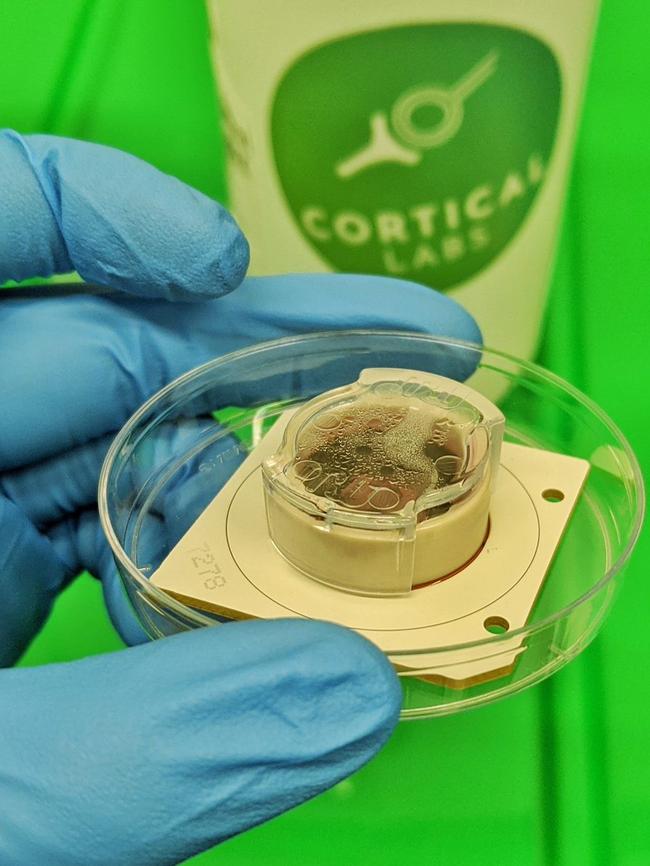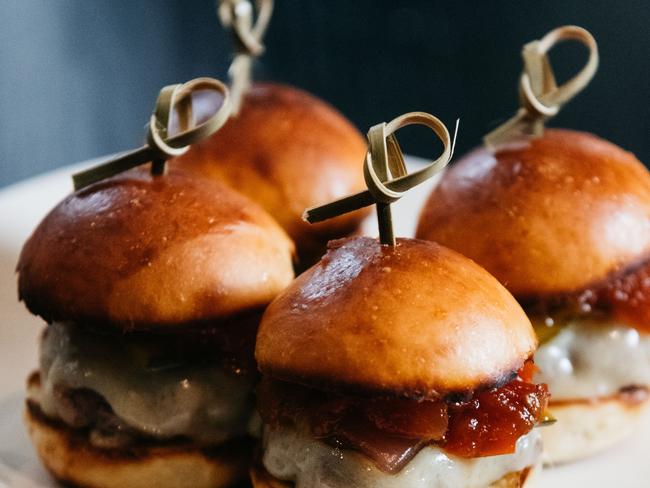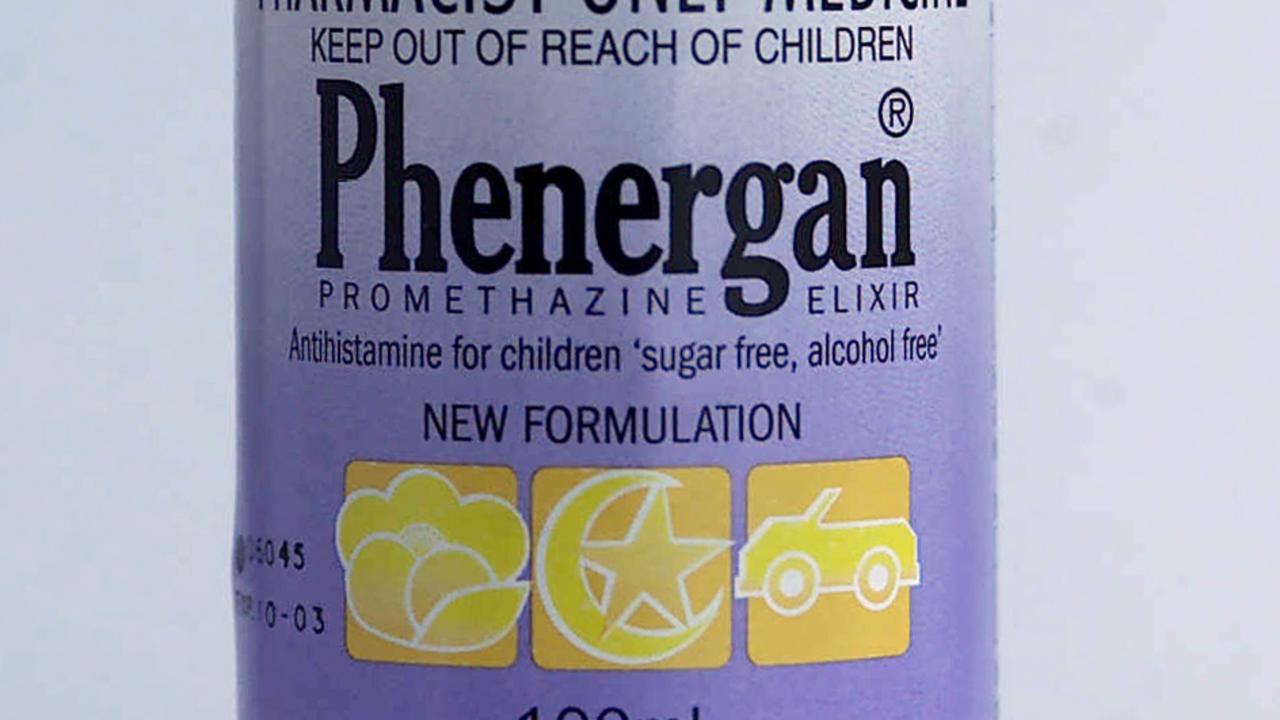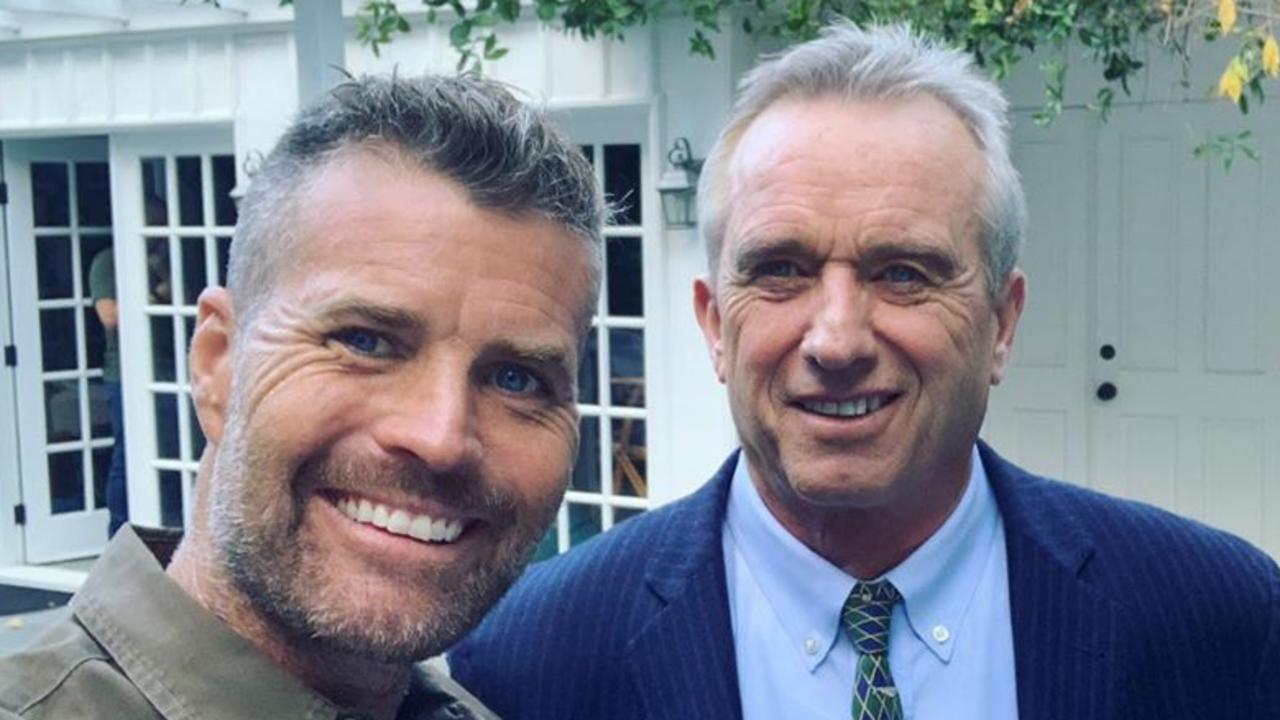AI to help drive Aussie tech startups in 2024
After a bumpy year, AI is expected to power a recovery of the innovative Aussie startup scene. Here’s who to watch this year.

Technology
Don't miss out on the headlines from Technology. Followed categories will be added to My News.
Australian start-ups have been on a tough journey over the past year – but an Artificial Intelligence led recovery is on the horizon.
Investment in big-thinking little business over the first six months of 2023 fell to $1.6 billion, compared to $5.3 billion over the same period in 2022, a KPMG report into the local sector said.
High interest rates, and inflation, geopolitical challenges including the war in Ukraine, were among the reasons for the dramatic decrease.
But there were still stand out performers, with AI and Climatetech start-ups still strongly favoured by investors.
Founder and Managing Partner at VC firm Folklore Ventures Alister Coleman said the “elephant in the room” was the fall in investment.

“It’s been a tough journey for many start-ups and we’ve seen that globally in tech as well. However technology and its productivity gains are irrefutable, and Australians are extremely talented at building globally scalable companies so we’re very positive about the year ahead,” Mr Coleman said.
AI development was quickly gathering steam, he said.
“We continue to see a material uplift in investment into AI companies founded by Aussies, and many Australian founders adapting their start-ups with AI tools to help them scale.
“This innovation will continue into next year, as many industries focus on AI-enabled innovation,” Mr Coleman said.
Australian founders “punch well above their weight,” he said.
“I suspect this trend which has developed over the last decade will continue.”
WHO TO WATCH THIS YEAR
CORTICAL LABS
Taking brain cells from the body, placing them on a computer chip and then blasting them with electricity that makes them act independently.
Sounds like sci-fi – but that’s just what Melbourne start-up Cortical Labs has done with biological computer DishBrain.
Founder/CEO Hon Weng Chong said Cortical Labs had effectively taught the neurons to play classic computer game Pong.
“We take the neurons and we put on the chip, we connect the chip the computer, the computer runs a simulation program, in this case, the game of Pong … they hit the ball up and down based on what stimulus we give them,” he said.


Dr Chong said the paddle that hit the ball was “being controlled by those neurons”.
“They can actually stop following the ball and making decisions to go up or down in order to keep the game in play.”
He hoped the technology would eventually “find something that will stop (multiple types of) disease progression or, or even reverse it.”
“We’re just at the start of the journey right now with this technology,” Dr Chong said.
IMMUTABLE
Sydney-based Immutable topped LinkedIn’s Aussie start-ups on the rise list for the second year in a row.
Founded in 2018 by brothers James and Robbie Ferguson, Immutable is a global web game developer and operates a trading platform that allows other game developers access to the growing digital assets market.
Immutable’s employs more than 240 people.

EYEONIC
Eyeonic was founded in 2019 by Professor Simon Skalicky, glaucoma-subspecialist Ophthalmologist, clinical researcher and tech developer.
Eyeonic uses AI to make glaucoma tests fast and easy by allowing patients to take tests at home on their computers.
The results are sent to specialists to check who then report back their findings to the patient.
HEIDI HEALTH
Heidi is a digital healthcare platform that is designed to give patients more time with their doctors. It compiles draft notes, provides a second opinion to assist in clinical decision-making and books follow ups.
Heidi was founded in 2021 by surgeon Dr. Thomas Kelly, Waleed Mussa and Yu Liu with the goal of reducing missed and late diagnosis.
ZELLER
Based in Melbourne and founded in 2020, Zeller helps small and medium sized businesses manage their finances.
Zeller has rolled out a suite of products with the aim of being the go to place for business banking.
Zeller’s aim is to be a one-stop shop for businesses’ banking needs.

HARRISON.AI
Another healthcare company that uses AI to help doctors diagnose problems.
“The tools are designed to provide diagnosis across a wide range of medical conditions,” a statement on Harrison AI’s website said.
As well as diagnosis, the AI tools developed by Harrison AI scrutinise medical images and can formulate treatments.

RELEVANCE AI
Sydney-based tech start-up Relevance AI was founded in 2020 by former school mates Daniel Vassilev and Jacky Koh and recently raised $15 million in funding to fuel further expansion.
The company’s aim is to allow businesses, especially those that are smaller and have less resources, to build their own AI workforces by enabling AI technology to complete even detailed tasks – meaning the work of a just a few people can be just as productive as a team with dozens more staff.

VOW
A biotech company that grows meat like products in labs – not farms.
Vow’s ambition is to be the world’s largest food producer with innovative products that reduces the need for traditional livestock farming.
It was launched in Sydney in 2019 by George Peppou and Tim Noakesmith and uses cell-based technology by creating meat from the cells of animals – not the animals themselves.
By doing this in the lab, not only are animals being spared, it protects the environment and means more sustainable food production.

SAPIA.AI
Sapia.ai is an AI powered recruitment tool that is programmed to remove any sort of bias and instead match candidates to the right roles.
Through AI chat interviews, Sapia.ai allows companies to interview potentially hundreds of candidates at the same time.
It then produces a shortlist of potential staff and, according to its website, has achieved a 90 per cent satisfaction rating from clients.
Sapia.ai was originally called PredictiveHire when it was founded by Barb Hyman.

ME&U
Many Aussies will be familiar with me&u, even if they don’t realise it.
Me&U become popular during the social distancing days of the pandemic, and uses QR codes to pay for services in cafes and restaurants.
Late last year me&u merged with Mr Yum, a rival Melbourne-based business.
The merger means the company will process more than $2 billion of restaurant transactions from 6000 venues in Australia, New Zealand, the US and the UK.
More Coverage






